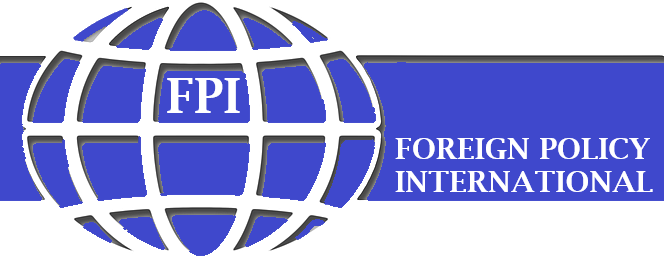Die Fachzeitschrift Engergy Intelligence hat ein Interview mit dem saudischen Öl- Minister gemacht. Der war sehr deutlich:
Q: What are your views on the US Congress reintroducing the Nopec bill, as well as the G7 price cap on Russian oil, and the potential implications for the oil market? Do you think price caps could be applied beyond their existing scope?
A: Nopec legislation and extending the price cap are very different, but their potential impacts on the oil market are similar. Such policies add new layers of risk and uncertainty at a time when clarity and stability are most needed.
I must reiterate the view I made on record back in August and September on how such policies would inevitably exacerbate market instability and volatility, and would negatively impact the oil industry. In contrast, Opec-plus has made every effort and succeeded in bringing significant stability and transparency to the oil market, especially compared to all other commodity markets.
The Nopec bill does not recognize the importance of holding spare capacity and the consequences of not holding spare capacity on market stability. Nopec would also undermine investments in oil capacity and will cause global supply to fall severely short of future demand. The impacts will be felt all over the world on producers and consumers alike, as well as on the oil industry.
The same holds for price caps, whether imposed on a country or a group of countries, on oil or any other commodity. This will lead to individual or collective counter-responses with intolerable consequences in the form of massive volatility and instability. So if a price cap were to be imposed on Saudi oil exports, we will not sell oil to any country that imposes a price cap on our supply, and we will reduce oil production, and I would not be surprised if others do the same.
Q: Energy Intelligence estimates that global spare capacity is around 2.5 million b/d. Are you concerned about spare capacity, and what is the kingdom doing about it?
A: Spare capacity and global emergency stocks are the ultimate safety net for the oil market in face of potential shocks. I have repeatedly warned that global demand growth will outpace current global spare capacity, while emergency reserves are at a historic low.
That is why it is crucial that policies are put in place to support investments needed to increase spare capacity in a timely manner, and that global emergency stocks are maintained at an adequate and comfortable level.
In Saudi Arabia, we have proactively embarked on expanding our capacity to 13.3 million b/d by 2027. The expansion is already under way in the engineering phase and the first increment is expected to come onstream in 2025.
FPI empfiehlt – wie immer – das gesamte Interview zu lesen (siehe obiger Link).

